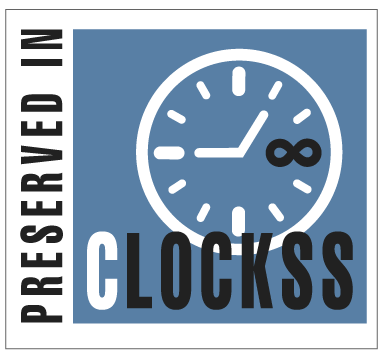Abstract
Recurrent strokes can be devastating, often resulting in severe disability or death. However, nearly 90% of the causes of recurrent stroke are modifiable, which means recurrent strokes can be averted by controlling risk factors, which are mainly behavioral and metabolic in nature. Thus, it shows that from the previous works that recurrent stroke prediction model could help in minimizing the possibility of getting recurrent stroke. Previous works have shown promising results in predicting first-time stroke cases with machine learning approaches. However, there are limited works on recurrent stroke prediction using machine learning methods. Hence, this work is proposed to perform an empirical analysis and to investigate machine learning algorithms implementation in the recurrent stroke prediction models. This research aims to investigate and compare the performance of machine learning algorithms using recurrent stroke clinical public datasets. In this study, Artificial Neural Network (ANN), Support Vector Machine (SVM) and Bayesian Rule List (BRL) are used and compared their performance in the domain of recurrent stroke prediction model. The result of the empirical experiments shows that ANN scores the highest accuracy at 80.00%, follows by BRL with 75.91% and SVM with 60.45%.
Keywords
Artificial Neural Network, Bayesian Rule List, Machine Learning, Recurrent Stroke Prediction, Support Vector Machine
Article Type
Supplemental Issue
How to Cite this Article
Hassan, Fadratul Hafinaz and Omar, Mohd Adib
(2021)
"Recurrent Stroke Prediction using Machine Learning Algorithms with Clinical Public Datasets: An Empirical Performance Evaluation,"
Baghdad Science Journal: Vol. 18:
Iss.
4, Article 40.
DOI: https://doi.org/10.21123/bsj.2021.18.4(Suppl.).1406








